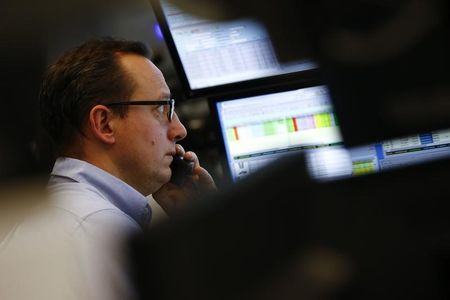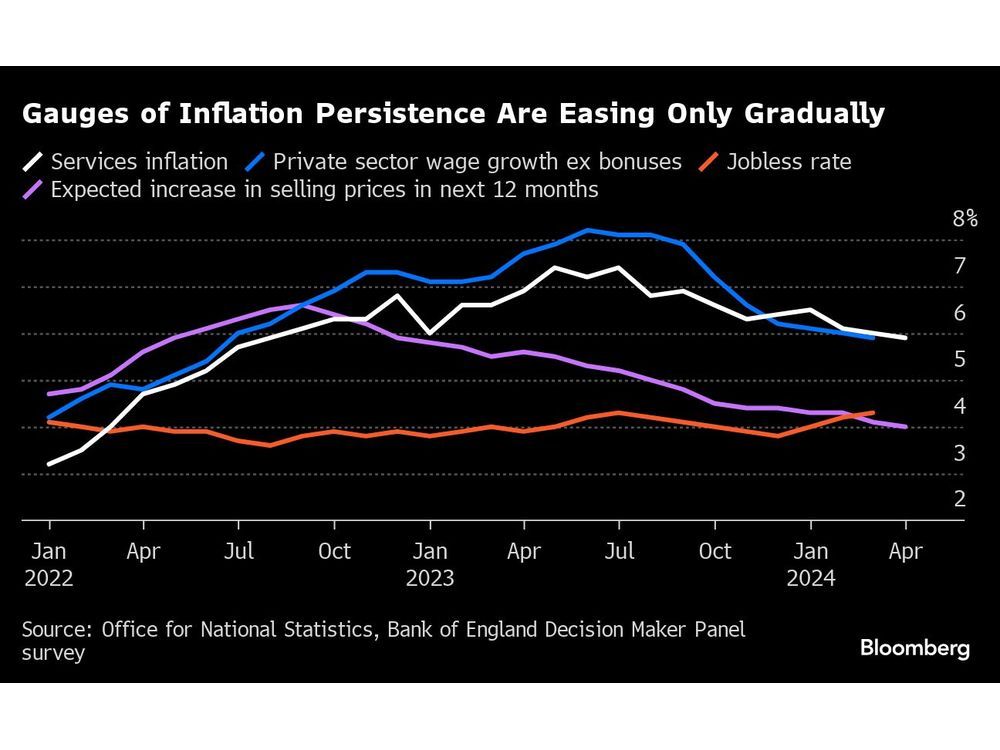Follow us on LinkedIn
The herd effect is when people do not pay attention to what they know. Instead, they follow what other people are doing. It is found that people tend to herd based on other investors’ activity, and not only their own behavior. They also tend to follow more extreme decisions made by others, and this can lead to a better chance of making a mistake. Further, research pointed out that it is possible for an investor’s actions to cause a herd to take an initial position in the market. This could lead to even more investors coming in, following the initial group.
However, a recent study [1] investigated the behavior of hedge fund managers in the US and concluded that they are actually anti-herd,
Analysing a large dataset that includes 1,899 active, liquidated, and merged U.S. hedge funds over the period January 1994-December 2020, we show that hedge fund managers in the U.S. can in fact be characterized by anti-herding behaviour, highlighting the tendency of hedge fund managers to disregard the market consensus and take decisions based on their private information. While anti-herding is found to be prevalent irrespective of market volatility and credit deterioration conditions, we observe that funding illiquidity generally serves as a more dominant determinant of anti-herding. We also show that anti-herding occurs primarily in response to fundamental information, possibly due to the divergence in opinions and/or fund managers’ interpretation of public information.
Interestingly, the authors showed that the anti-herding behavior yielded significant excess returns,
…we show that anti-herding yields statistically significant excess returns for managers, particularly in the intermediate and long-run up to a year. Interestingly, we also find that hedge funds that anti-herd experience greater idiosyncratic volatility in subsequent periods, associating anti-herding with idiosyncratic volatility as well as expected returns.
In summary, the anti-herding behavior of hedge fund managers in the US has been investigated, and it appears that their behavior leads to significant excess returns. In a nutshell, these managers are looking to make money by going against what is popular at the time. They do not follow any trends or consensus opinions within an industry but rather focus on their own research and analysis to decide where they want to put their funds. What do you think?
References
[1] S. Ali, I. Badshah, R. Demirer, Anti-Herding by Hedge Funds, Idiosyncratic Volatility and Expected Returns, 2022, https://www.researchgate.net/publication/357874964
Further questions
What's your question? Ask it in the discussion forum
Have an answer to the questions below? Post it here or in the forum





Prime Minister Keir Starmer’s promise to “get Britain building again” will quickly face a shortage of skilled workers in the very industries he’s hoping will power the turnaround.